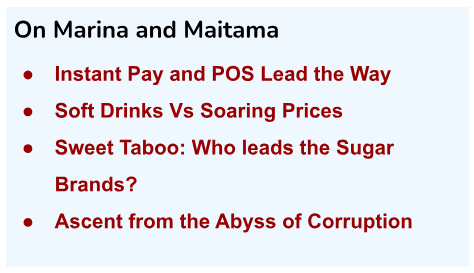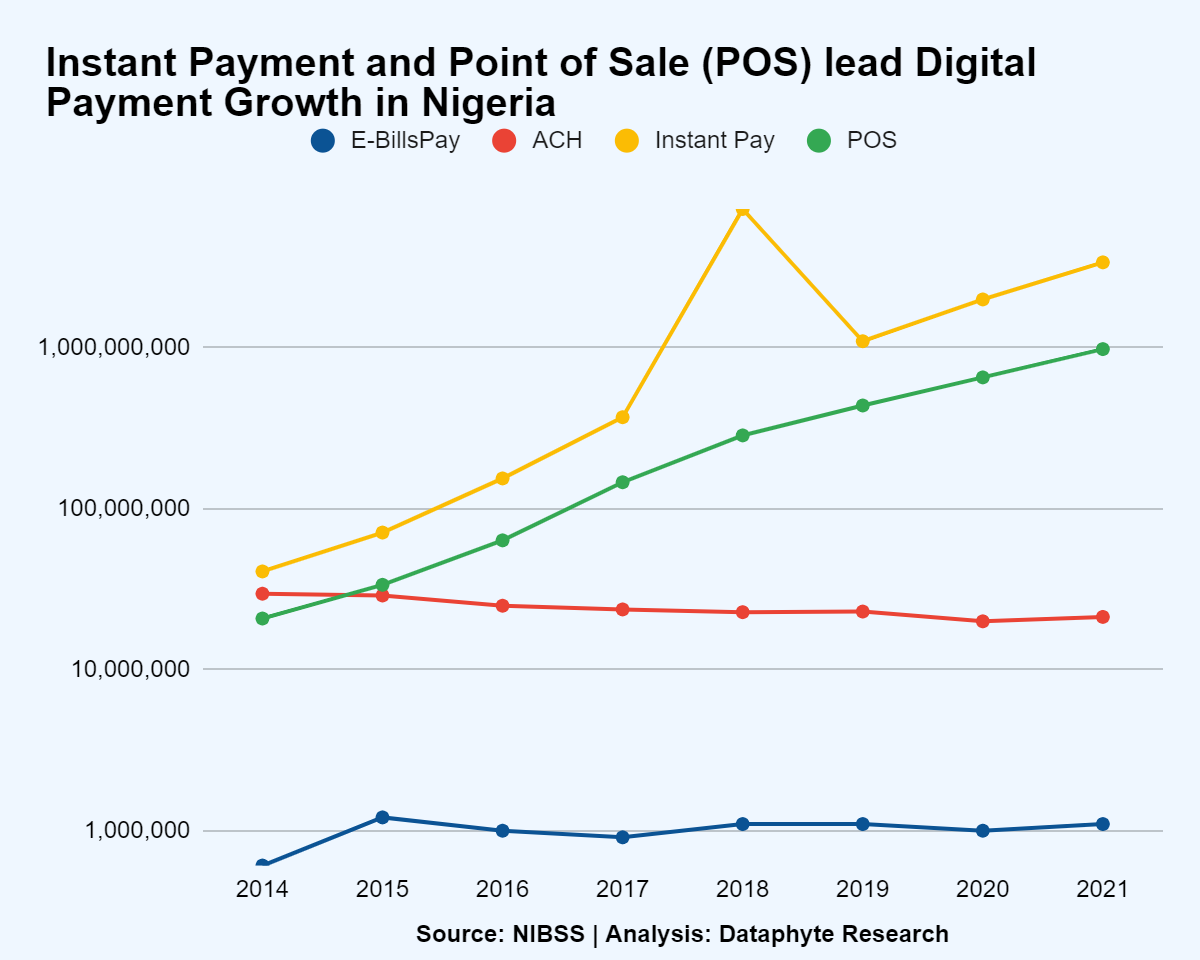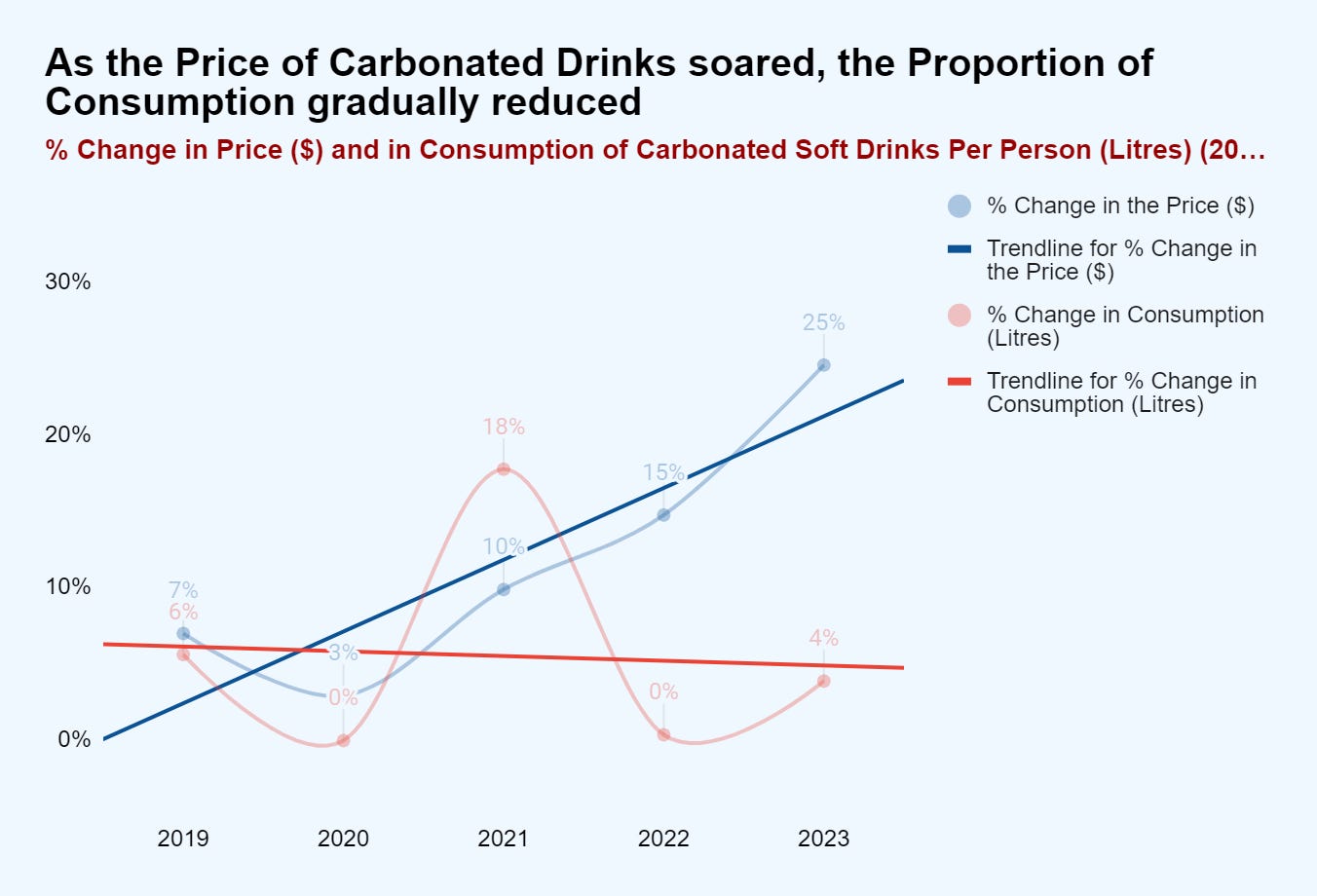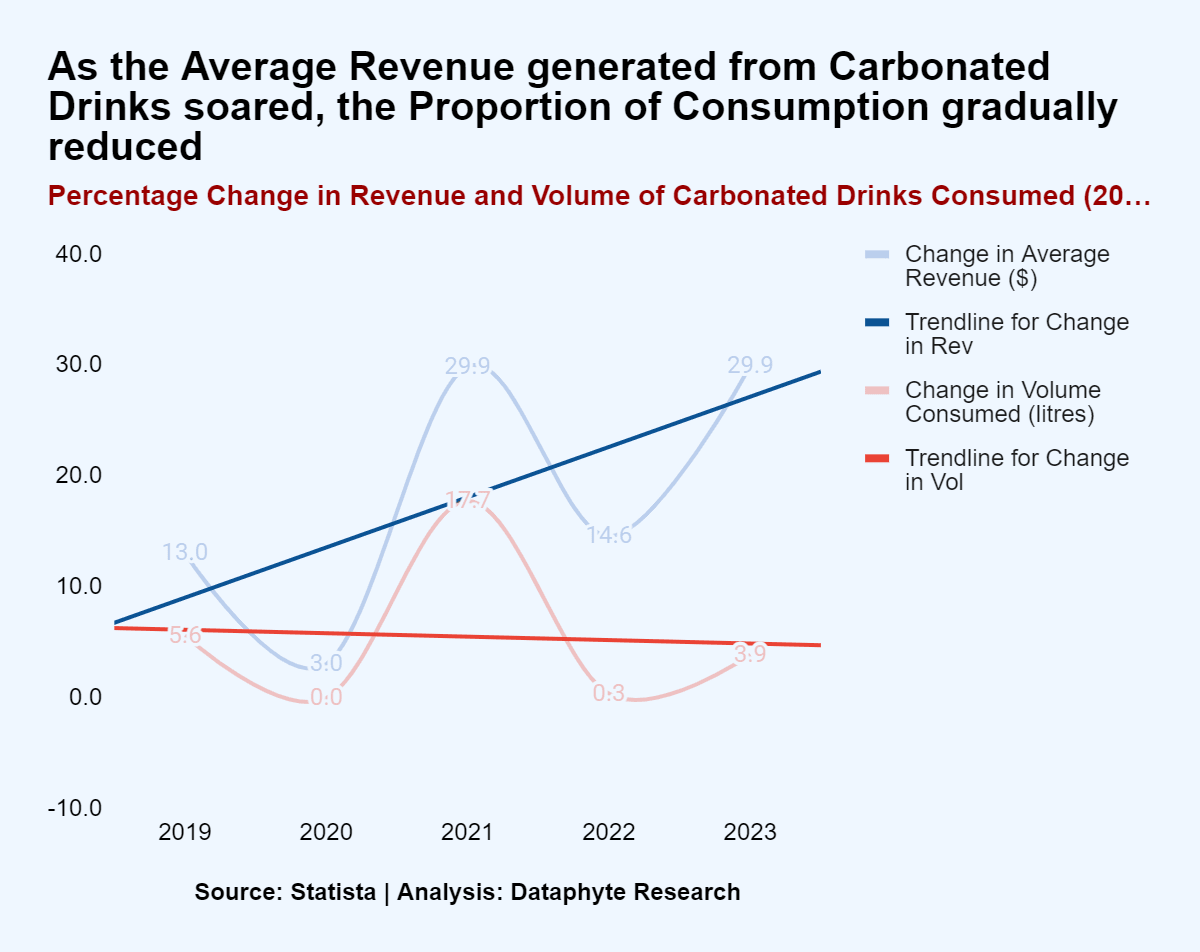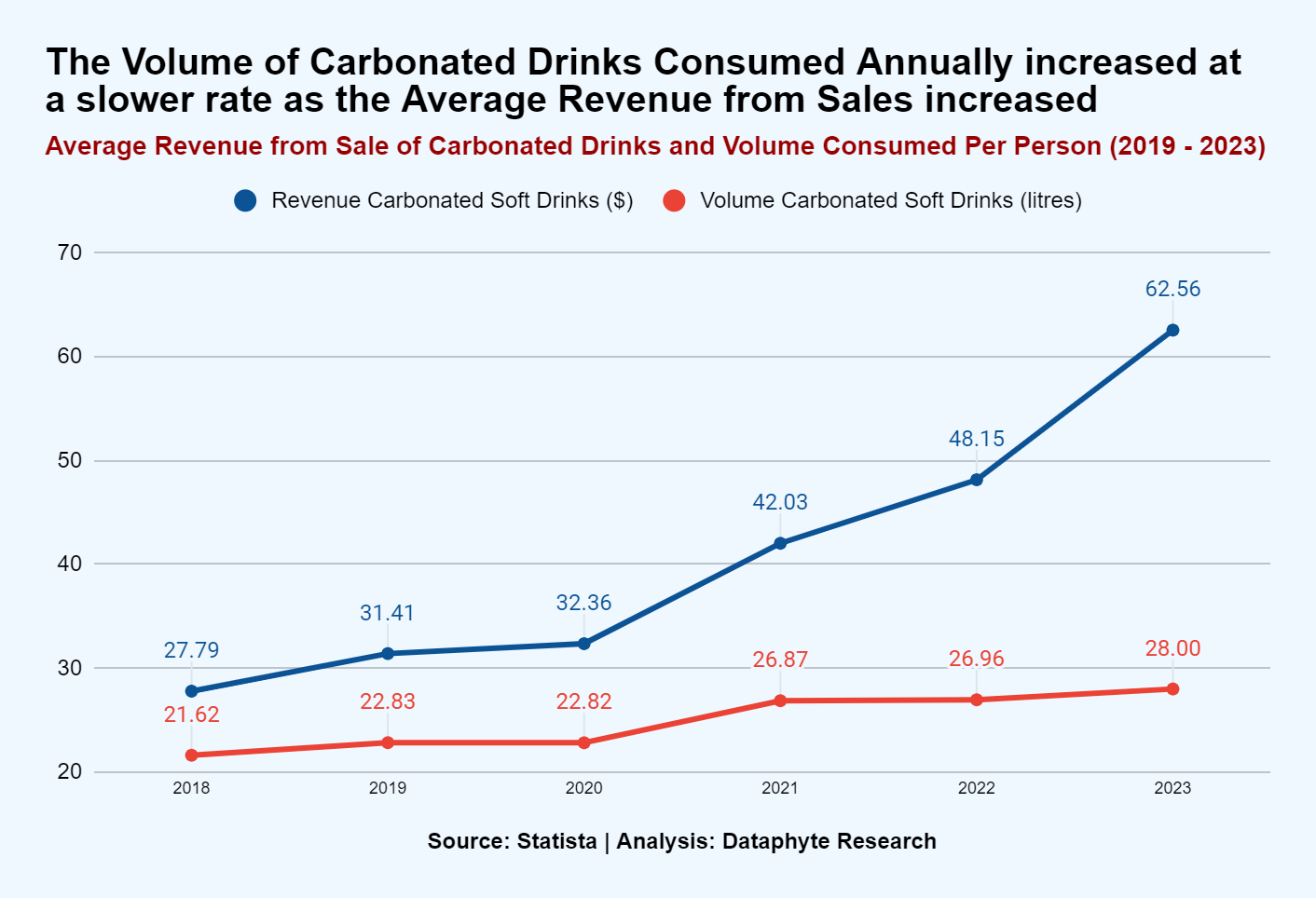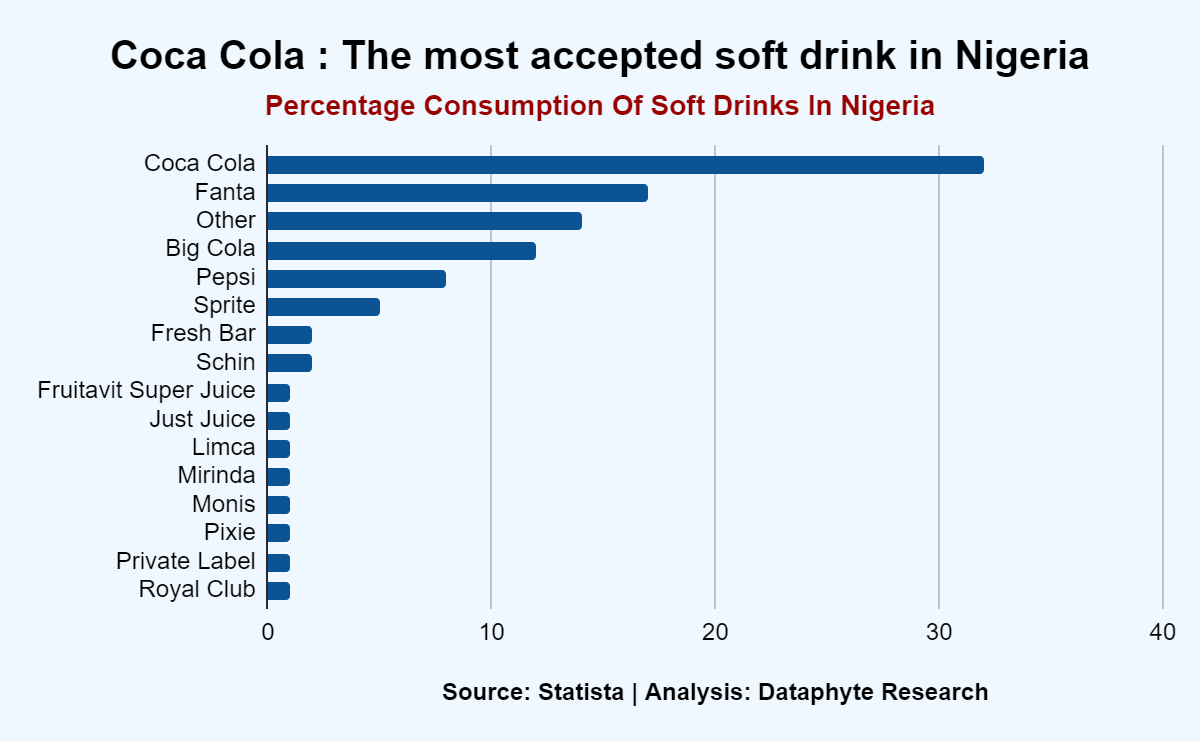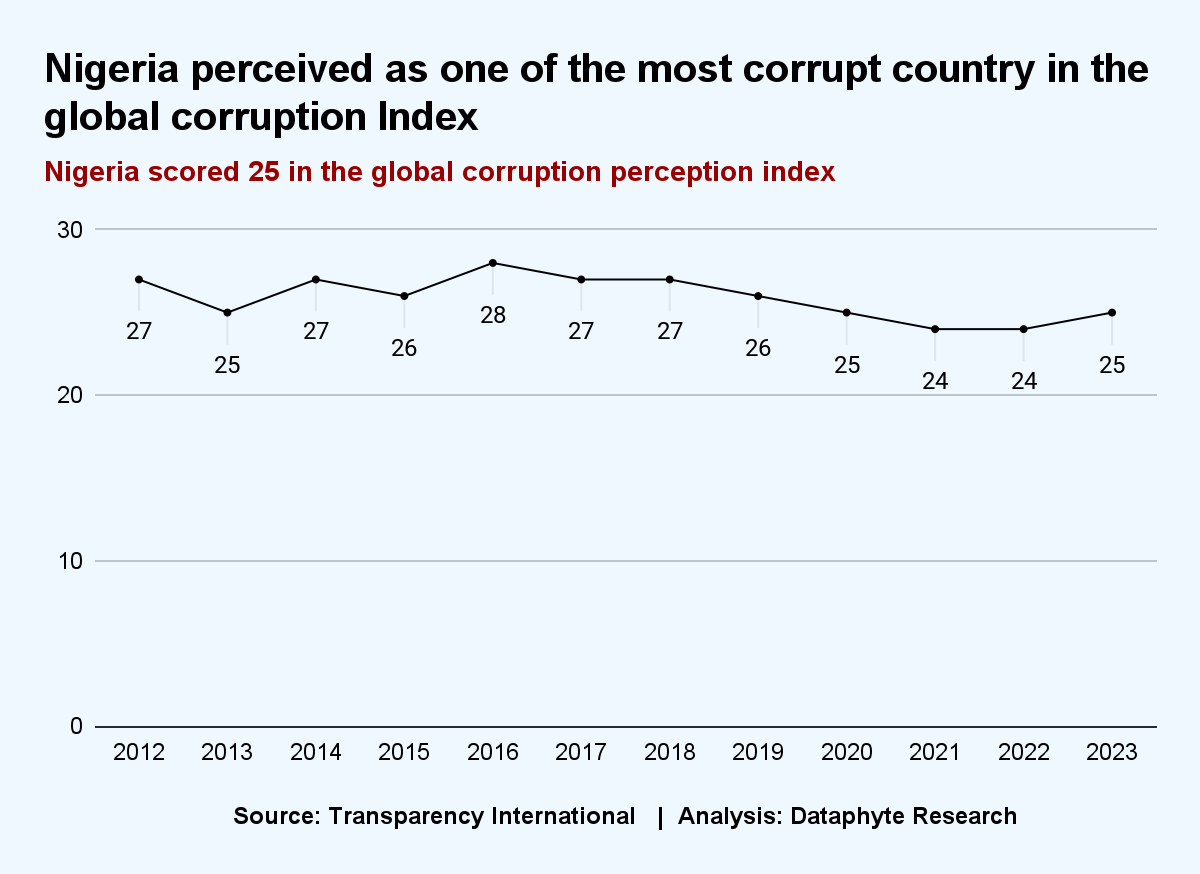Instant Pay and POS Lead the Way
According to a new report by EBANX, digital payment usage in Nigeria and other Sub-Saharan African countries has doubled in less than 8 years, rising from 23% to 46%.
Data from Nigeria’s Nigeria Inter-Bank shows that Instant Payment and Point of Sale transactions led the digital payments growth in Nigeria.
The volume of transactions of Instant Payments increased from 40.8 million in 2014 to 3.4 billion in 2021. POS transactions have also increased from 20.8 million to 982.8 million.
According to the NIBSS, Instant Payment is an account-based, online real-time Electronic Funds Transfer (EFT) platform that enables financial institutions to provide online real-time funds transfer services to their customers through all available electronic channels.
Developing countries like Brazil, India, Kenya, and Nigeria are playing a crucial role in driving the global digital market by leveraging instant payments and alternative methods for online purchases.
By 2026, it is estimated that the combined digital commerce value of Africa and Latin America will exceed $1 trillion.
Emerging markets are seeing faster expansion in digital commerce compared to more established markets like the U.S. or Europe, and Africa is expected to become a significant region for digital commerce and payment growth.
Soft Drinks Vs Soaring Prices
Consumption of carbonated drinks in Nigeria has declined in the past 5 years just as prices of the drinks increased, analysis of a market survey by Statista revealed.
This implies that an increase in prices of carbonated drinks could lower people’s intake of carbonated drinks and reduce the health hazards associated with it.
The increases in prices of carbonated drinks could have resulted in a combination of factors, including inflationary pressures, increased cost of imported raw materials, and the sugar tax introduced by the government in 2021.
While the annual price of carbonated drinks rose from 7% in 2019 over 2018 to 25% in 2023 over 2022, the percentage increase in volume consumed decreased from 6% in 2019 over 2018 to 4% in 2023 over 2022.
On the supply side, even though the average annual revenue made from sales to each person increased, there was a slight decrease in the proportion of consumption.
The percentage increase in annual revenue generated from each consumer of carbonated beverages rose from 13% in 2019 over 2018 to 29.9% in 2023 over 2022.
Conversely, the percentage increase in the volume consumed fell from 5.6% in 2019 over 2018 to 3.9% in 2023 over 2022.
Obviously, this decline in consumption has not tampered with the sales revenues of the bottling companies producing these carbonates.
Soft Drink: You drank N40,000 worth of Sugar in 2023
It's so obvious that carbonated drinks have become a key part of the Nigerian diet today. An average Nigerian consumes carbonated drinks, be it Coke, Fanta, Malt and others, either at home or outside of their homes.
These companies together made $62.56 or N40,000 from an average Nigerian in 2023. This was the highest they have made from an average Nigerian for many years, analysis of Statista’s market survey shows. The average foreign exchange price was N635.24 to a dollar, which was equivalent to N39,740.
It also showed that an average Nigerian consumed 28 litres of carbonated drinks, which is about 56 bottles of a 50cl carbonated annually.
In other words, Nigerians drink a 50cl bottle of carbonated drink every week!
Oh, you drink more than that? Then you make up for those who drink less, especially because they can’t afford the higher prices.
In 2021, the federal government introduced a sugar tax to generate revenue and to discourage Nigerians from consuming excess sugar.
While the hike in prices of these drinks hasn’t caused a total decrease in demand for them, it has slowed down the rate of that demand.
Soft Poison: Health Risks of Soft Drinks
The federal government introduced a sugar tax for soft drinks bottling companies in Nigeria to reduce the massive intake of sugar by the general public.
The government is concerned because carbonated drinks increase the prevalence of non-communicable diseases such as obesity, type 2 Diabetes, weight gain, fatty liver disease, and an increased risk of heart disease, stroke and cancer.
Unfortunately, a lot of Nigerians are addicted to the sweetness and satisfaction derived from them.
According to the International Diabetes Federation, there are over 3.6 million diabetes cases in adults in Nigeria. This accounts for 3.7% prevalence among the 96.8 million adult population.
Sweet Taboo: Who leads the Sugar brands?
Data shows that the leading sugar brands are Coke, Fanta, Big Cola and Sprite.
Coca-Cola is the most preferred brand for carbonated drinks in Nigeria. Analysis showed that about 32% of carbonated drinks consumed were Coca-Cola and 17% were Fanta.
Ascent from the Abyss of Corruption
Good News!
The Nigerian is perceived to be less corrupt in 2023 than they were the year before.
This comes after 6 years of continuous decline into the abyss of corruption, data from Transparency International on the Global Corruption Perception Index (CPI) shows.
The score of a country represents the perceived extent of corruption within its public sector, rated on a scale from 0 to 100.
A score of 0 indicates a high level of corruption, while a score of 100 signifies minimal corruption in the private sector and a clean public sector.
The country scored 25 over 100, the highest in 6 years and an inflection point from the steep decline since the 2016 score of 28.
However, the country still scores very poorly on the 2023 CPI, and currently ranking 145th out of 180 countries.
Nigeria’s position results from the performance of public and private institutions across the 36 states and the FCT, and the efforts of you and me.
Thanks for reading this edition of Marina and Maitama. Cheers to better people and a prosperous country!
This edition of Marina and Maitama was composed by Oluwasegun Abidoye, Funmilayo Babatunde, and Kafilat Taiwo. It was edited by Oluseyi Olufemi.


